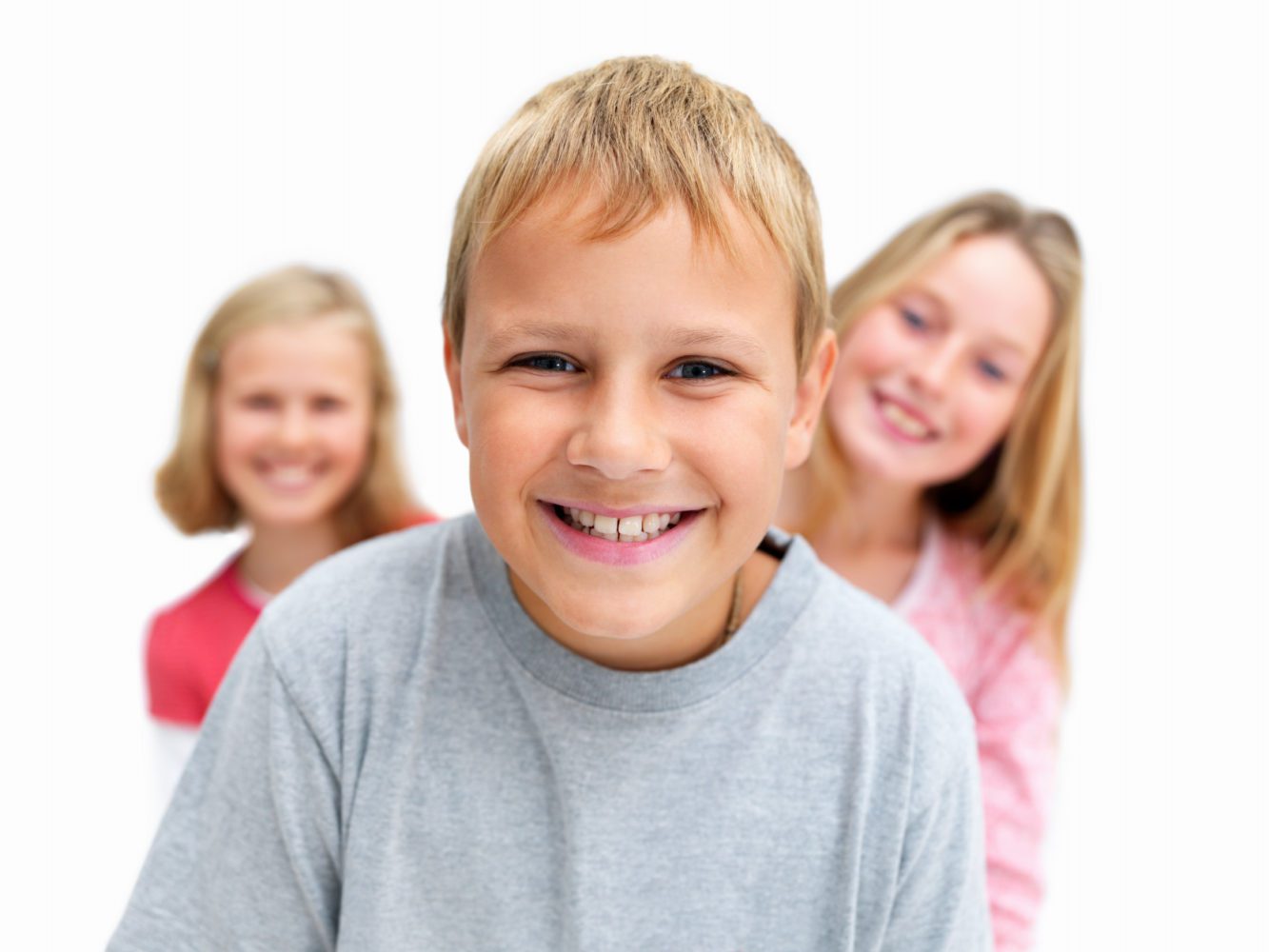Discipline & Challenging Behaviour, Essential Kids Blog, Learning Issues & Motivation, Posts for Parents, Raising Boys, Raising Girls
To praise or not to praise

Over the past couple of weeks I have been immersed in toddler land with my gorgeous, feisty granddaughter Miss Elli, giving her sleep-deprived parents some quiet time with their newborn son.
We have been to a relaxed, friendly community playgroup and to several playgrounds, parks and coffee shops, and I have witnessed first-hand loving parents and carers navigating the confusing, often frustrating landscape of parenthood.
With access within milliseconds to endless information, it is easy to see how having too much information can mean that sometimes parents are unable to see the forest for the trees.
One thing I’ve noticed is the endless praise I hear. Some parents tell me they tend to over use praise because they can’t remember being praised as children. Others tell me they don’t want to damage their children’s self-esteem by saying no or by telling them off.
All parents want their children to grow up to be happy, healthy, strong, kind, capable and resilient. We may not realise however why at home and school, giving too many treats, stickers, certificates and other extrinsic rewards can demotivate children.
Alfie Kohn in his book Unconditional Parenting certainly doesn’t hold back in his concerns about the damaging effects of giving children extrinsic rewards or praise to encourage better behaviour.
He explores the global research and even I find many of his findings uncomfortable. He challenges the use of phrases like, ‘well done,’ ‘good work,’ ‘good drawing — I love that picture,’ and even ‘good sharing’.
Kohn argues that rather than encouraging our children to continue making these positive choices, our praise simply commits them to needing our approval. Our words are not just telling the child what she has done well, rather we are telling her we approve of what she did.
Essentially we have learned these patterns from the psychology of behaviour modification, which tells us positive reinforcement for behaviours we want is a good thing for children.
However the research is quite convincing that children who are praised often become ‘praise junkies’ and even as adults continue to rely on other people for validation because they are unable to give it to themselves.
Indeed, Kohn shares one study that showed that if you praise a child for being kind you actually reduce the chances of them being kind again. Ouch!
So let’s explore praise and its more friendly allies – acknowledgement and encouragement.
If we keep in mind that constant praise can encourage our children to do things mainly to get our approval, then consistent acknowledgement and encouragement are ways we let our children know that our love is unconditional regardless of the choices they make.
We still want them to know the difference between good choices and poor choices, and often non-verbal encouragement is easier and more effective. The more connected and valued that children feel, the less they need to seek external praise and validation.
Acknowledging kids positively:
- Smile often at them, wink and give a thumbs up
- Say hello using their name
- Say, “I’m glad to see you”
- Suggest, “Let’s go play together”
- Ask them to show you how to do a puzzle
- Give them a gentle pat on the head/back
- Hug them if appropriate
- Ask about their favourite toy
- Play a hand or clapping game with them
- Hold their hand or put your hand on their shoulder
- Say things like:
- “Thank you for helping me clean up the toys”
- “I noticed you washing your hands after going to the toilet”
- “I know how hard it is to be patient when you play with others”
- Sing songs with them, especially their favourite ones
- Show them that with practise we get better
- Make them laugh
Encouragement can be such a deceptively powerful influencer in all our lives. Giving our children permission to give things a go and to be persistent at things that don’t work first up are wonderful traits for us to model. It’s also okay to ask if they need our help to master a task that is beyond them, rather than just swooping in to help (much as we want to!).
Let me make a confession. I did use praise as a parent, not endlessly, and (oh dear) I was also known to offer bribes using chocolate as bait — both things researchers now warn us against.
However, I seldom used my love as a weapon in trying to get the boys to do what I wanted…withdrawing love when children don’t behave as we like can not only be very hurtful, it can be damaging long-term.
My gorgeous boys, who are now even more gorgeous men, seem to have turned out okay. Maybe we need to remember the real perpetrators of emotional harm for our children are abuse, deprivation, abandonment, excessive criticism and shaming.
Then focus on what matters the most — being the most unconditional, loving parents we can be through the good, the bad, the confusing and the breathtakingly beautiful. Well done to all the parents out there doing the best they can.



